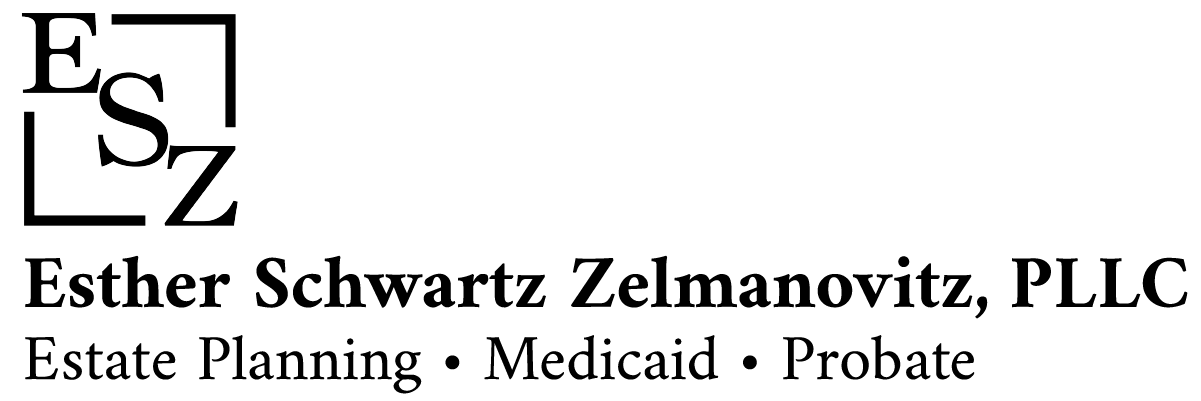I recently had two consultations back to back where both sets of prospective clients were seeking guidance on estate administration after the recent loss of a loved one. The dichotomy between the two cases was magnified by the appointments being one after the other. In the first meeting I was able to give the prospective client the good news that with some minor paperwork, his deceased loved one’s estate will be all wrapped up, while in the second meeting, I unfortunately had to explain the long process that awaited them. The values of the estates in both cases were very similar. The planning, however, was very different and resulted in very different experiences for their respective loved ones.
In my first meeting, I met with the son of a client who recently passed away. His mother, the deceased, prepared a living trust during her lifetime, funded her home into the trust, and had designated beneficiaries on each of her investment and retirement accounts. She had further prepared a clear list of all of her accounts with account numbers, with a list of the name of her accountant, financial advisor, and estate attorney. In addition, she had entered into a pre-plan funeral agreement with a local funeral home, and her services were selected and prepaid. When she passed away, her son was able to attend his mother’s funeral services, by practically just showing up, without having to make decisions or arrange payment. At his meeting with me, he told me that he already completed the beneficiary claim forms for all of her accounts. I explained that because his mother’s home was in trust, naming him as successor trustee, he can go ahead and make arrangements to sell her house, and after dealing with the minor administration expenses, final bills, and final tax return, he would easily be able to distribute the remaining funds. There was some legal paperwork we had to get through, but because there was no need for court involvement, and everything was organized and identified, the estate would be administered very efficiently and inexpensively.
In my second meeting, I met with two siblings after their mother’s funeral. Their mother did not prepare an estate plan and there was no prepared list or file cabinet with information regarding her assets. Fortunately, the siblings got along and cooperated in everything that needed to be done. The brother and sister had split the cost of the funeral, paying with their own funds as they did not have access to their deceased mother’s money. When I met with them, although they did not have full knowledge of the accounts their mother had, they were aware that she had a few accounts that definitely did not have any beneficiaries designated. They also were aware of a life insurance policy, but it only named their deceased father as beneficiary, with no contingent beneficiaries. She also owned her home in New York, and a vacation home out of state. I explained that we would have to begin the administration process with the New York Surrogate’s Court, they would have to cover the cost of the court filing fees, attorney fees, and other expenses until the petition was granted when they would be able to start accessing their mother’s funds to reimburse these expenses. The petition would likely take several months until it would be granted, and it is likely the court will require the petitioner(s) to post a bond before having the authority to act as administrator of the estate. In addition, they would have to wait to sell the New York house until the administration was granted and would have to go through another court proceeding in the state where their mother’s vacation home was located. The carrying costs of the properties, including real estate tax and insurance, would continue to accrue until the eventual sales. Had the siblings not gotten along very well, had they not been able to afford the out-of-pocket costs, had one of them been on government benefits, their situation would have been much worse.
However, even without aggravating factors, the clients from my second meeting were in for a long process while my client from my first meeting will have a very quick and efficient experience dealing with the administration.
Click here to learn more about the probate and estate administration process.
Now is your chance to decide how you want your loved ones’ experience to be. Do you want to give your children and yourself peace of mind? You should go ahead and get your estate plan in order.
We would be honored to assist you.
